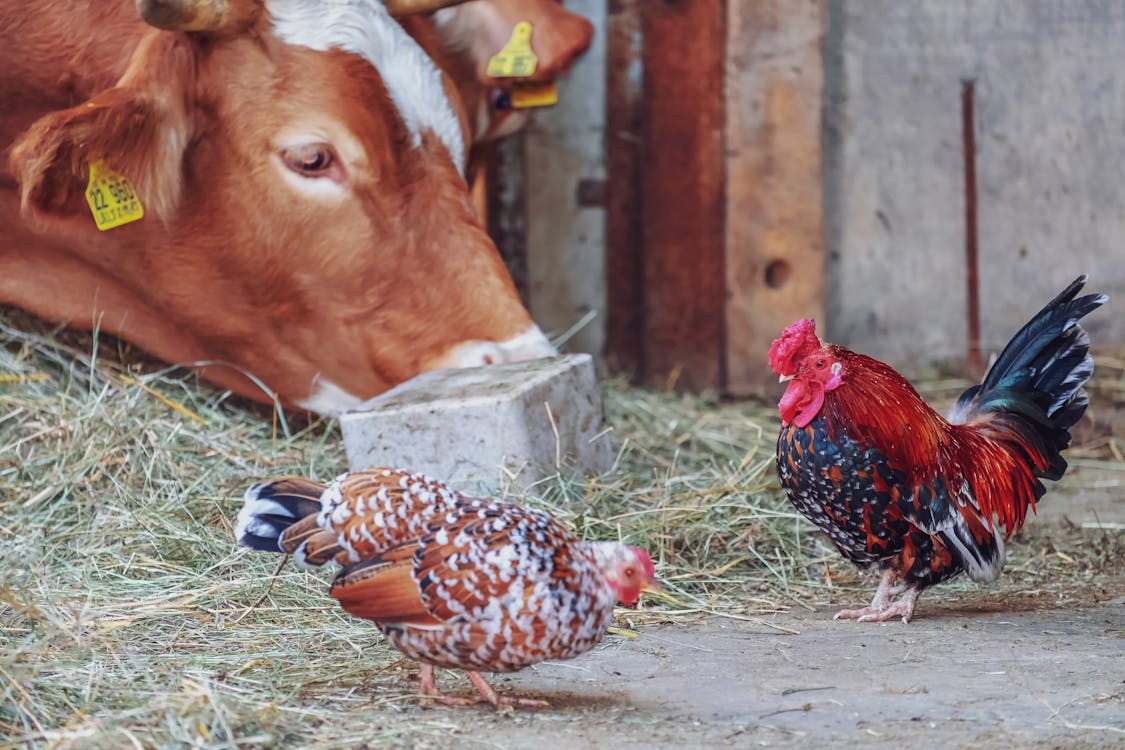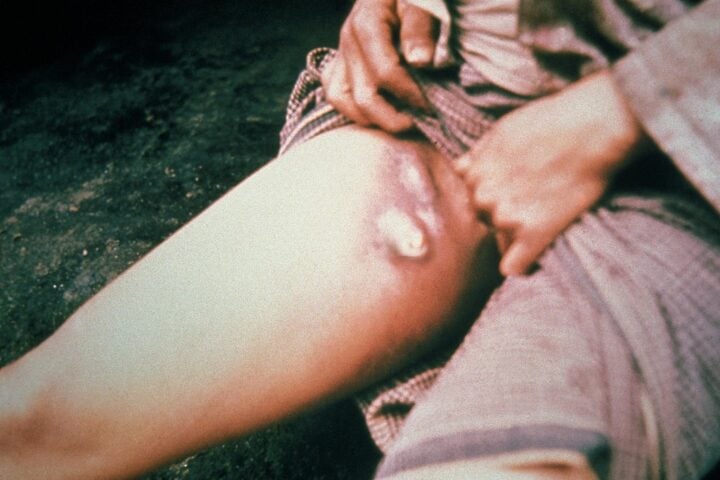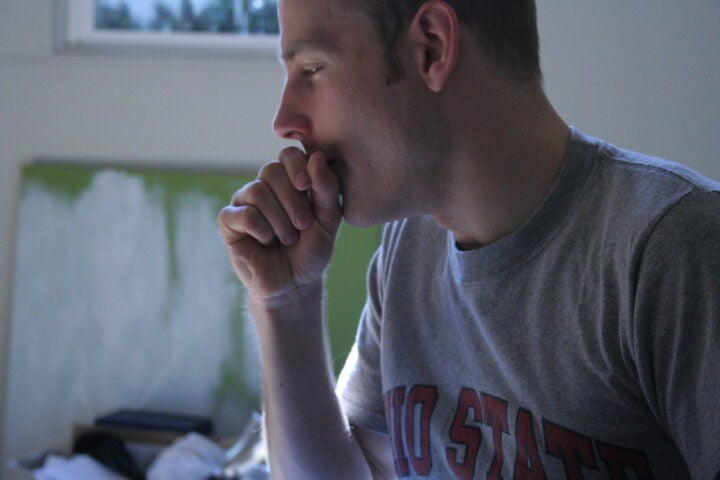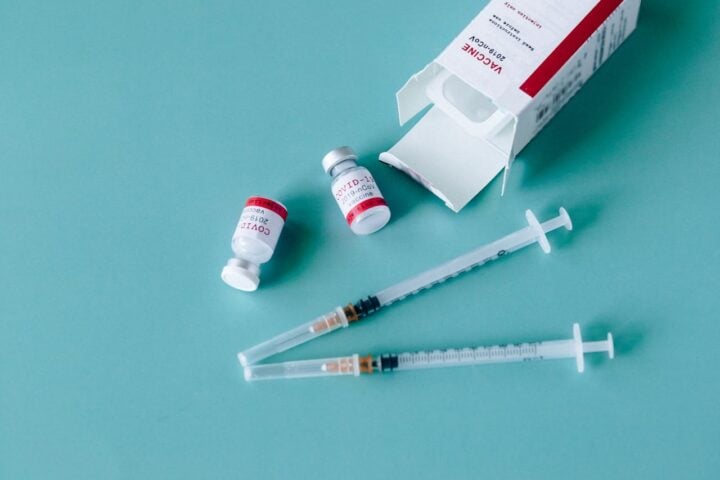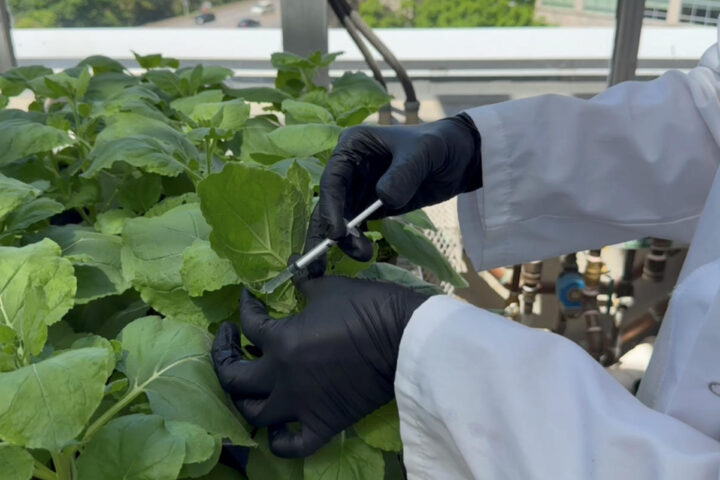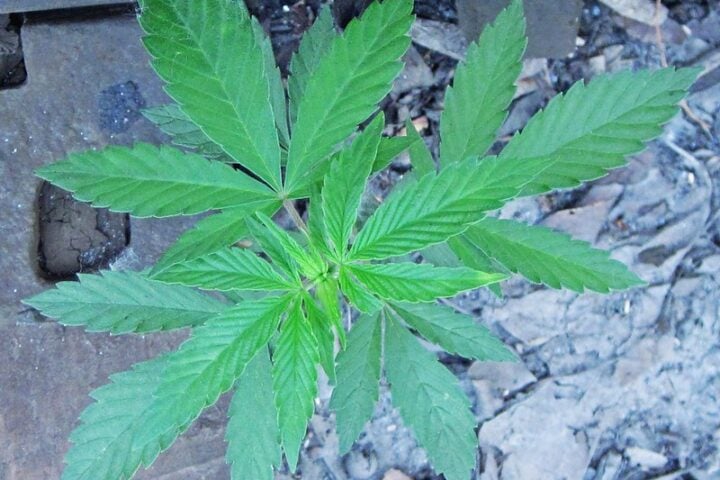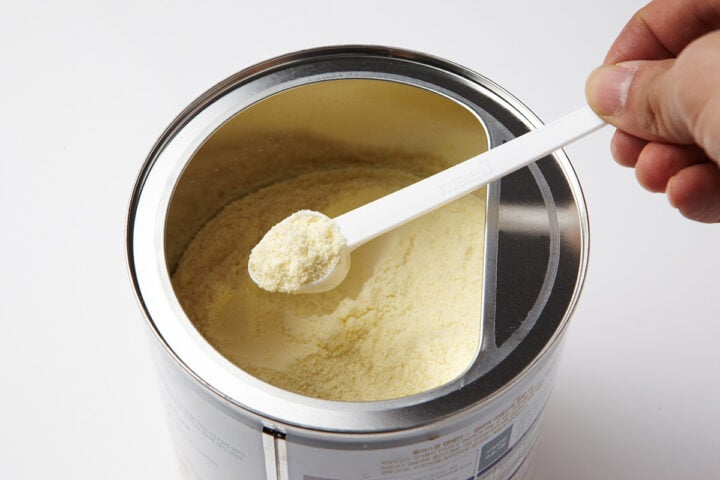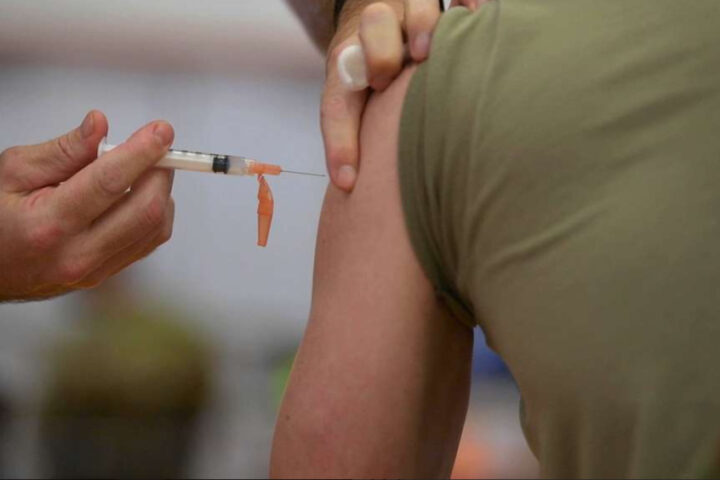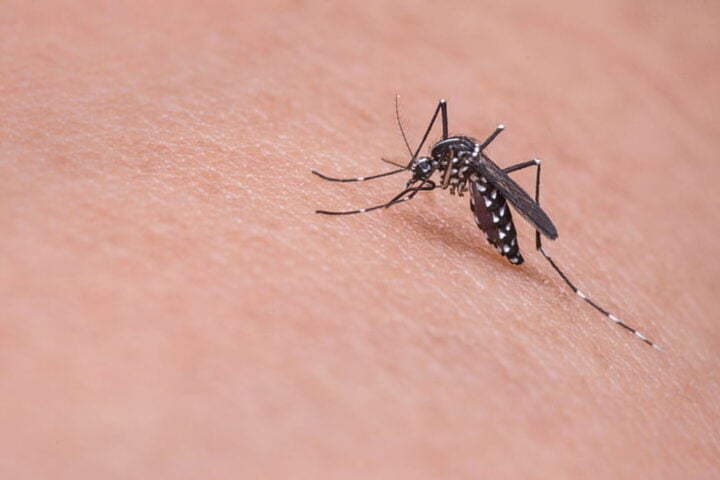While the virus is lethal for commercial poultry, most infected cattle seem to recover within two weeks, according to experts. The United States Food and Drug Administration (FDA) said on Tuesday that pasteurized milk samples had tested positive for traces of the avian influenza virus that has infected dairy cows. The agency highlighted that “We are completing a large representative national sample, to better understand the extent of these findings. Because qPCR findings do not represent actual virus that may be a risk to consumers.” Officials added that they continue to study the issue. “To date, we have seen nothing that would change our assessment that the commercial milk supply is safe,,” the FDA said in a statement.
The announcement comes nearly a month after an avian influenza virus, which has sickened millions of wild and commercial birds in recent years, was detected in dairy cows in at least eight states. The Department of Agriculture says 33 herds have been affected to date. FDA officials did not indicate how many samples were analyzed or where they were obtained. The agency has been evaluating milk during processing and from stores, authorities said. Results of additional tests are expected in “the coming days or weeks.”
According to Lee-Ann Jaykus, a food microbiologist and emeritus virologist at North Carolina State University, the PCR laboratory test used by the FDA would have detected viral genetic material even after the live virus had died through pasteurization or heat treatment. “There is no evidence to date that this is infectious virus and the FDA is following up on that,” said Jaykus. FDA and USDA officials had previously stated that milk from affected livestock was not being marketed. Milk from sick animals is supposed to be diverted and destroyed. Federal regulations require that milk entering interstate commerce be pasteurized.
Similar Posts
According to FDA authorities, since the detection of the avian influenza virus known as type A H5N1 in dairy cattle is new and the situation is evolving, no study has been completed on the effects of pasteurization on the virus. However, previous research shows that pasteurization is “very likely” to inactivate heat-sensitive viruses, such as H5N1, added the agency. Matt Herrick, spokesperson for the International Dairy Products Association, stated that pasteurization time and temperature standards ensure that the commercial milk supply in the United States is safe. The remnants of the virus “have no impact on human health,” he wrote in an email.
Scientists confirmed the presence of the H5N1 virus in dairy cows in March, after weeks of receiving reports that cows in Texas were suffering from a mysterious disease. The cows were lethargic and experienced a drastic reduction in milk production. Experts talk about a “quite serious” situation for birds due to the current avian flu. To date, two people in the U.S. have been infected with avian flu. A dairy worker in Texas who was in close contact with an infected cow recently contracted a mild eye infection and has recovered. In 2022, an inmate participating in a work program contracted the disease while killing infected birds on a poultry farm in Colorado. His only symptom was fatigue and he recovered. The U.S. government will require dairy cattle moving between states to be tested for avian flu as federal officials intensify their response to an outbreak in herds. FDA on alert for traces of avian flu virus in some pasteurized milks and dairy products. Pasteurized milk that had been sold on grocery store shelves tested positive for the virus.
FDA has further clarified with some answers to common questions that may arise regarding the current Avian flu issue and milk safety. You can follow the link to read ahead.
